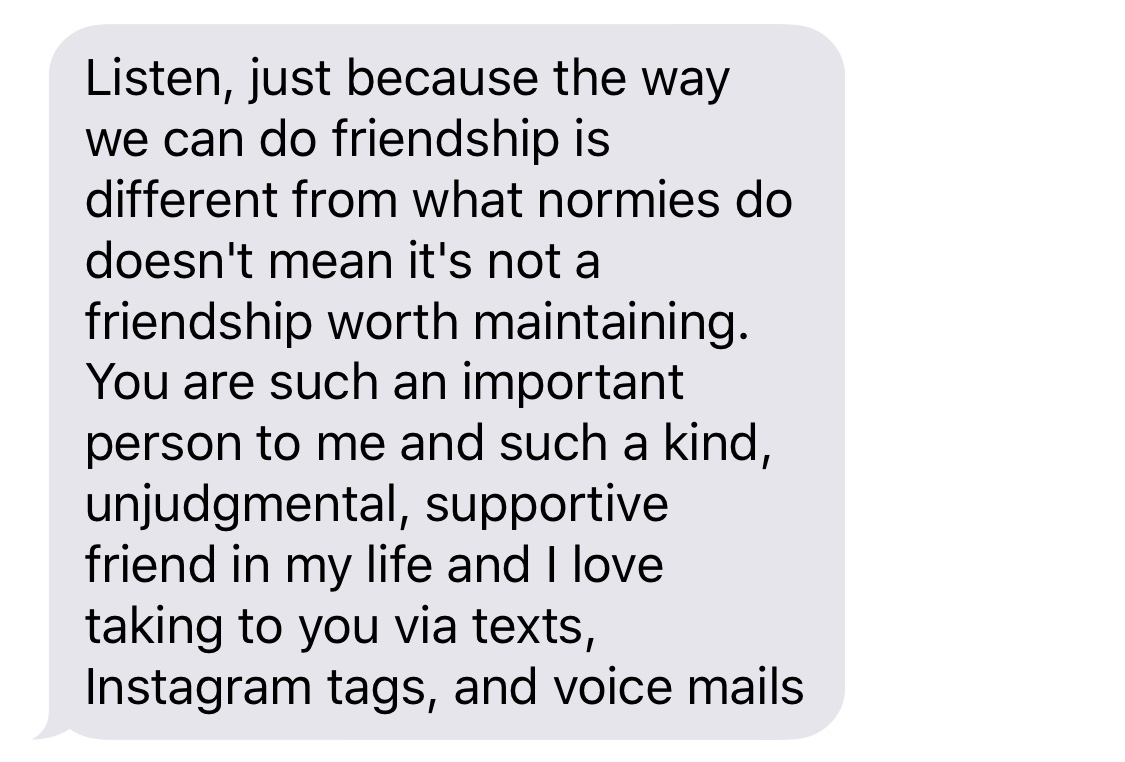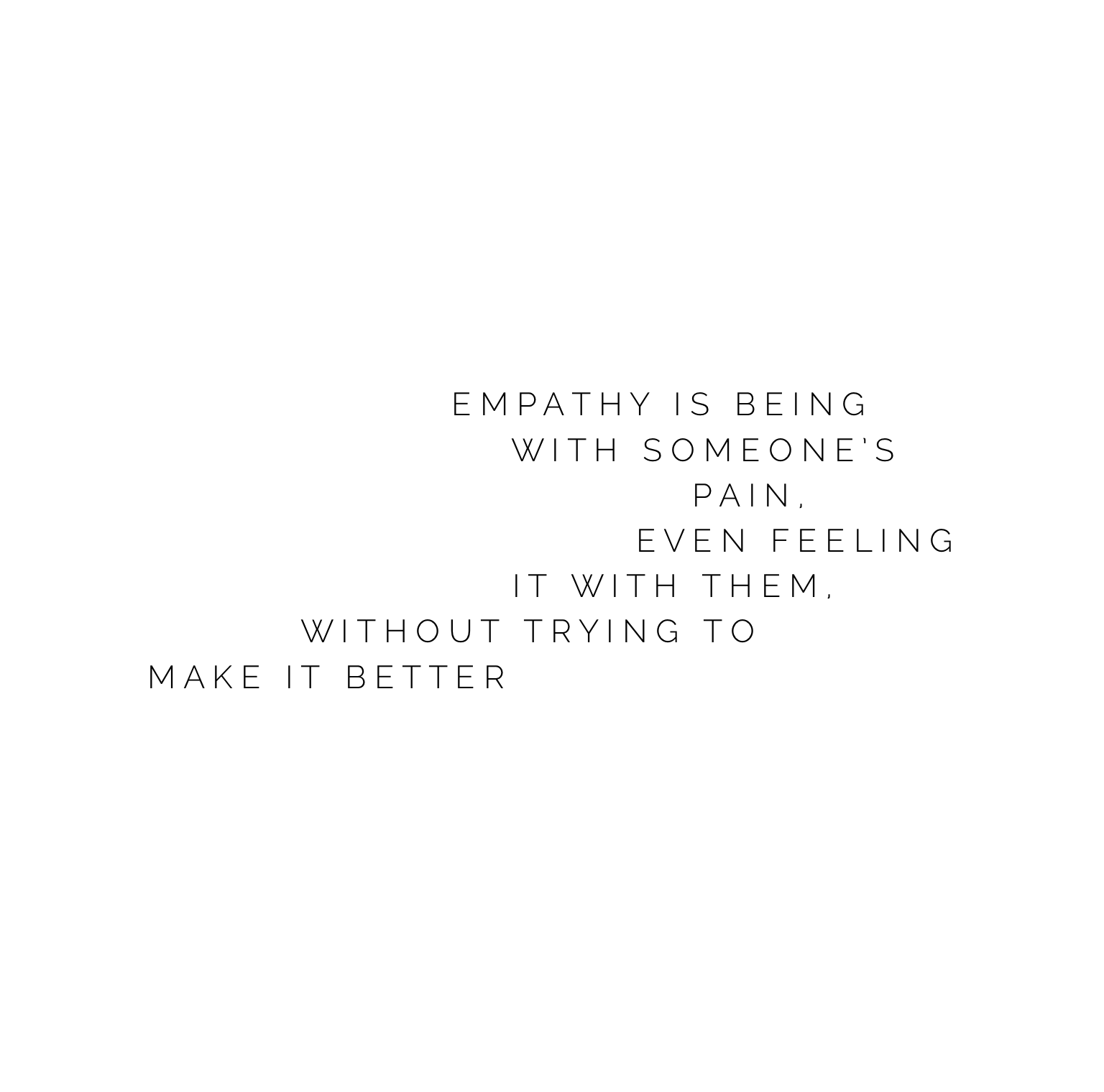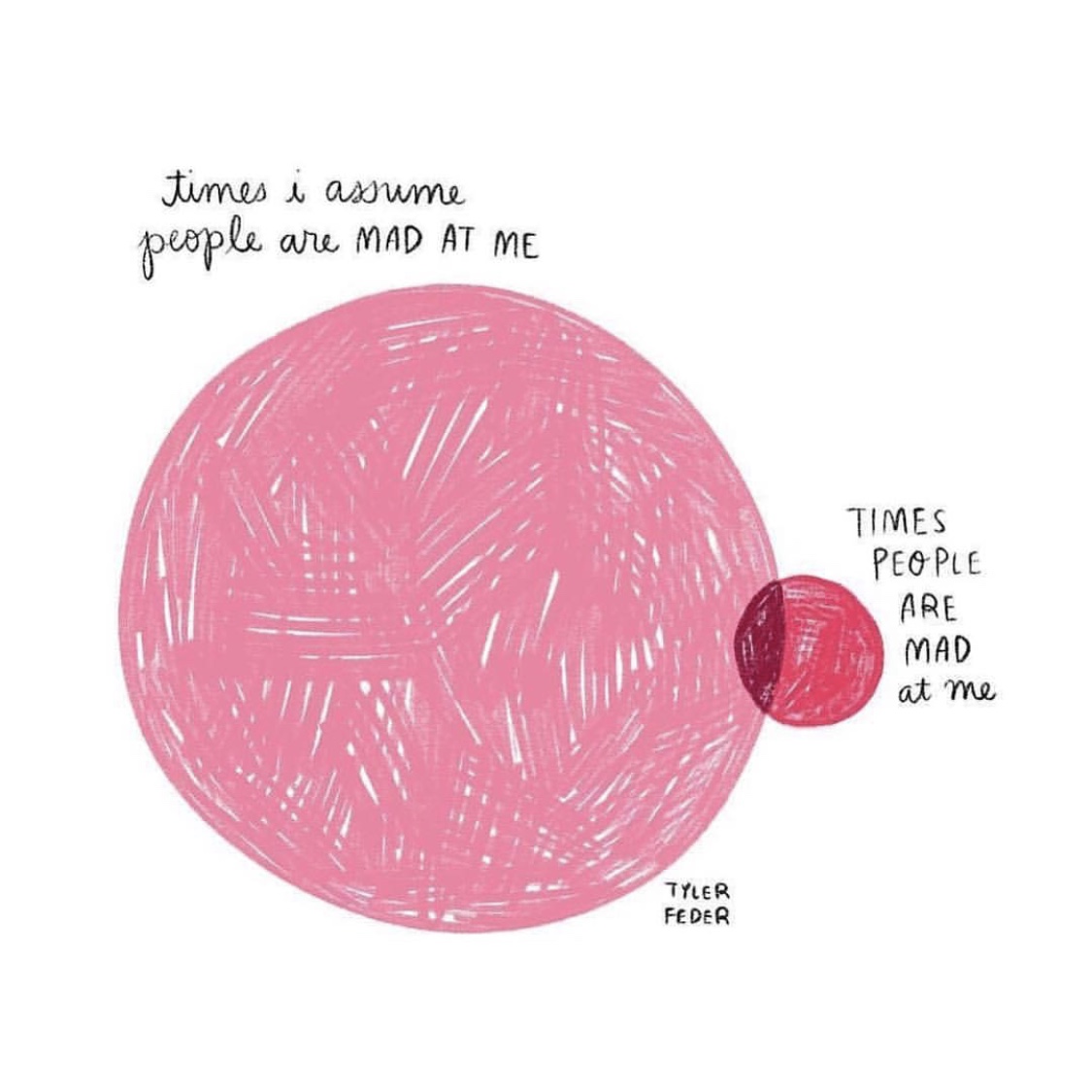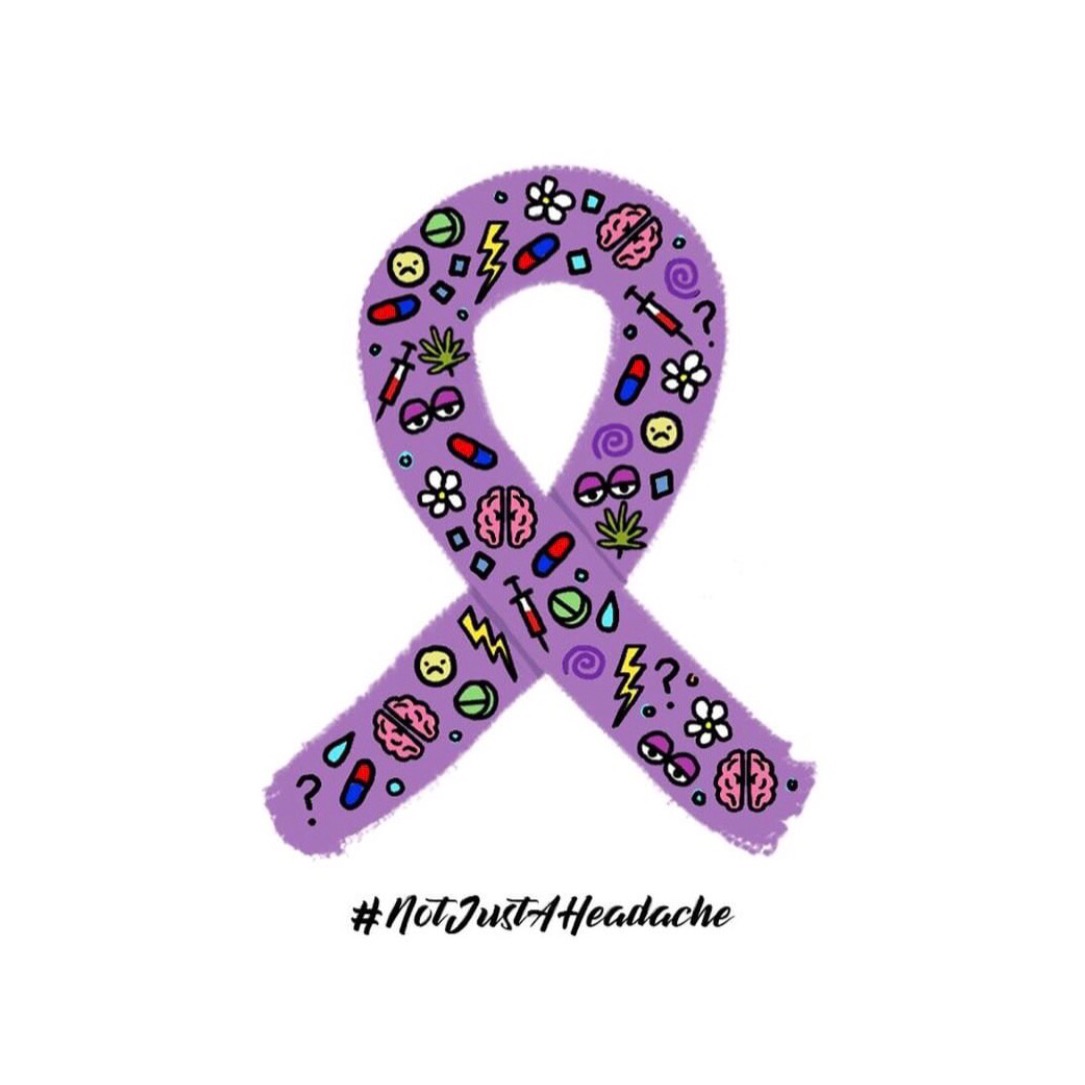10 Ways Friends and Family Support Me Living with Chronic Migraine
September 2nd-8th is migraine awareness week in the U.K. Most of us either experience migraine, or know someone living with it. Migraine disease is a neurobiological disorder that exists on a spectrum, and learning how to support a loved one suffering from migraine can vary drastically from person to person.
Below are 10 ways that my family and friends make me feel supported, loved and understood while I live with chronic migraine:
1. Don’t take it personally when I can’t answer the phone

A text from my truest voicemail bestie that made me
Oh man this one is a biggy. I still feel guilty explaining to people why phone time is challenging for me. I used to spend hours on the phone with my closest friends and my Mom, just chatting about anything and everything while I cleaned up, cooked or ran errands. Today, phone time is a major energy drain and will actually often kick up head pain. I very much feel like I need to be “on” while talking, and most days, I am just not up for that (especially in the evenings after friends are off of work). When I don’t or can’t answer the phone, I am simultaneously filled with gratitude and guilt. Gratitude for the fact you are calling and guilt that I am not up to talking. I have one friend who calls me every week even though we haven’t been able to speak in months, and seeing a missed call and listening to her voicemails truly means the world (shout out to my soul sista I love you more than words can say ).
2. Offer verbal validation: “I see you’re struggling, and I think you’re doing a great job”

Words are powerful ♥️
The first person who started telling me this frequently was my chronic pain psychologist, and it wasn’t until then that I realized just how desperate I was to hear these words. I’ve since told my close friends and family how much hearing this from others means to me, and now they know that they can support me by saying them out loud. Chronic migraine can be psychological torment, and honestly leave you feeling like a worthless, powerless burden some days. Supportive words, especially from the ones I love most, are a powerful antidote to the isolating mental struggle this illness can be.
3. Instead of asking me “are you getting better?” try, “how are you doing today?”
These two questions carry drastically different levels of weight for me. I so appreciate when I’m asked about my current day and experience (even better when it is focused further on morning or afternoon). I attach a lot more pressure to open ended questions like, “how have you been doing lately?” or “do you feel like you’re getting better?”. It can feel overwhelmingly depressing to give a run down of a whole week or month, and sometimes I feel myself selectively choosing only positive updates. Instead, being able to give you an honest answer about a specific moment in time allows me to feel like I’m being more open and transparent.
4. Listen without trying to provide a solution

Grateful for those who listen with empathy
Some days I just want to tell you how frustrated I’m feeling, and all I want to hear back is “I hear you, that is so incredibly difficult to deal with”. Although I value your opinion and input, sometimes all I want to do is feel heard in whatever I am experiencing, and not brainstorm ways to fix things. I know it must be so hard to hear me discouraged and not try to help me think of solutions, but the best way you can support me in these moments is by listening. Saying, “I see you are hurting, and it is totally valid. I’m so sorry you’re going through this right now. I am here for you.”
5. Ask me questions about my experience instead of tiptoeing around it
I actually appreciate when my (close) friends are up front with their curiosity about my situation. I deal with chronic migraine every single day, so it is incredibly helpful when you ask me what my mornings look like, about procedures or medications and take genuine interest in my world. “So, what does a typical day look like for you?” has been a really productive conversation between me and some of my friends, opening the door for better understanding and compassion. Of course, this is delicate, and from the wrong people could feel somewhat confrontational. But with the people I’m closest to, having an honest dialogue about what my life looks like has brought us closer and allowed them to support me better.
6. Don’t make me feel guilty when I need to cancel plans

When it feels like you’re letting people down left and right
I think this one applies to every single person living with migraine. Whether you experience attacks twice a year, or twice a week. The nature of migraine as a disease is that it strikes without warning, and demands immediate attention, sometimes indefinitely. When an attack hits, there is often simply no other option than to cancel. This is as frustrating for the person doing the cancelling, as the person being cancelled on. At this point, I’m hardly surrounded by anyone who doesn’t understand this. But that process was a painful weeding out of people who weren’t willing to adapt with me to my new reality. Missing out on things and letting others down feels awful, and I still hate every single time I have to send an “I need to cancel” text. Each time you respond with compassion, it takes the edge off of this guilt a little bit.
7. Text me, tag me in things on instagram, snapchat me…do it all!

Text me please, please, please!
Texting is one of the few things I can do almost every day, so it is an amazing way to keep lines of communication open. Chronic migraine is so isolating and staying in touch via social media and texts allows me to feel connected to you. Just because I can’t come hang out, doesn’t mean I don’t want to be a part of your life. I still want to talk about the things we would share if we were together. The days can be so long and lonely and often a texting conversation with you throughout the day is one of my highlights. I am so grateful to my friends and family who take the time to keep in touch with me in this way. These texts can feel like my only lifeline to normalcy, friendship and human connection.
8. Be mindful of the type of plans (location, duration, activity, size of group, etc…) we make when we do make them

#chronicillnessproblems #partynever
My routine has become so different than what it used to be, and “normal things” – like going out to brunch, or going to a workout class, or grabbing dinner, are actually really difficult for me now. When you go out of your way to consider this as we make plans, it makes me feel listened to and validated. It’s often hard for me to speak up about avoiding loud restaurants, late nights, full days, or too much time outside. I feel like a burden and guilty for “holding you back” or “being in the way”. Of course, it’s critical that migraineurs learn to advocate for their needs, but I feel so supported when those closest to me take this into account when we do make plans.
9. If we are hanging out in person #1, yay! and #2, please know that even though it might not look like it, it is often really draining and difficult for me

If only I could just wear this to let people know my energy level…
This is so hard for me to talk about. I often feel like admitting this makes it seem like I don’t enjoy being with my friends and family, which is definitely not the case. Chronic migraine can cause regular stimulation (talking, eye contact, laughing, etc…) to be really challenging and taxing. Even though I cherish our time together, it might be kicking up my pain. You can help me deal with this by checking in with me when we are together. As we move from one activity to the next, maybe say, “hey, do you feel up to doing…xyz?”. When you bring this up, sometimes it’s easier for me to be honest and feel less guilt about being at my limit for the day and needing to shut things down.
10. Support me in my migraine experience being my own

Although migraine affects 1 in 7 people, each of those individuals experience the disease differently. For some, every migraine attack involves nausea and vomiting that is hard to control, while others never experience this symptom. Some people have sufficient acute rescue plans or medications that reliably take the pain away if they are patient and wait it out. For others, medication (even lots of it) can fail to touch the pain, and leave the emergency room as the last option for relief. So many people with migraine are accustomed to stigma, and don’t want to share every detail of their migraine experience for fear that they’ll be criticized for “over-dramatizing” things (this is absolutely me a lot of the time). Even if you personally suffer or know others who face migraine, please remember that your friend/sibling/daughter/co-worker’s experience might be completely different. From frequency, to severity, to symptoms to treatment, I appreciate it so much when friends try to avoid drawing comparisons about others they know with migraine, and validate my experience as my own. Whenever possible, seek to understand each person’s individual experience before making assumptions based on your past ones.
Thanks so much for reading; I’d love to know how your family and friends best support you in your migraine journey! Please share below or join the conversation with us on insta
September 4, 2018
Meet Natalie
I share each step along my road to wellness and healing and hope that in doing so I can inspire you along your own path. Thank you so much for being here.
love love love you.